Randomness plays a fascinating role in our lives, often shaping outcomes in ways we can’t predict. One area where it truly stands out is in slot games, where Random Number Generators (RNGs) ensure fairness and unpredictability. But RNGs aren’t just about entertainment—they’re a cornerstone of mathematical and computational concepts that influence various fields.
As we delve into the mechanics of RNGs, we uncover their surprising applications beyond gaming. From teaching probability to enhancing coding skills, these systems offer powerful tools for STEM education. Visit https://slotmonster.club/ to explore how gaming concepts can support learning. By understanding how randomness works, we can bridge the gap between fun and learning, making complex ideas more accessible and engaging.
Understanding Random Number Generators (RNGs)
Random Number Generators (RNGs) lie at the heart of digital randomness, driving unpredictability across multiple sectors. From gaming to science, their precision underpins fairness and innovation.
What Are RNGs?
RNGs are algorithms or physical devices designed to produce sequences of numbers that are random or appear random. They eliminate predictability, ensuring outcomes remain fair and unbiased.
Types Of RNGs Used In Digital Systems
RNGs typically fall into two categories: True RNGs and Pseudo RNGs. True RNGs derive randomness from physical phenomena like electrical noise. In contrast, Pseudo RNGs generate sequences using algorithms initiated by a starting seed value.
RNGs In Slot Games
Random Number Generators (RNGs) form the backbone of slot games, ensuring unpredictable and unbiased outcomes. They drive the fairness and randomness that players expect in both online and physical slot machines.
How RNGs Work In Slot Machines
RNGs are computer programs or microchips producing random numbers at high speeds, typically every millisecond. These numbers continue to generate even if no one is playing. When a player hits the spin button, the RNG selects a number from the sequence, instantly determining the symbols that appear on the reels. This process relies on algorithms, such as pseudo-random number generators (PRNGs), which start with a seed number to produce a result. The outcome is unaffected by prior spins, ensuring every game result is completely random.
Ensuring Fairness And Transparency
Using RNGs ensures fairness, as they eliminate patterns and predictability in gameplay. Regulatory bodies often audit and certify RNGs to validate their randomness and accuracy. This transparency builds trust with players, guaranteeing that outcomes rely solely on chance, not manipulation or bias. Both land-based slot machines and online casino games uniformly implement RNGs to preserve integrity and compliance with industry standards.
The Intersection Of RNGs And STEM Learning
Random Number Generators (RNGs) are not just tools for gaming but also valuable resources in STEM education. By integrating randomness into lessons, we can make abstract concepts tangible and engaging for learners.
Utilising RNGs To Teach Probability And Statistics
RNGs provide an excellent platform to explore probability and statistics. Their ability to generate independent, unbiased random outcomes allows students to analyse data distributions and probabilities in real-time. For example, educators can simulate coin tosses or dice rolls using RNGs to demonstrate probability theories. This hands-on approach helps demystify randomness and provides learners with practical insights into statistical models and prediction.
Promoting Critical Thinking Through Randomness
The unpredictability of RNGs challenges students to think critically. Tasks like coding RNG-based simulations or games push learners to develop logical and systematic problem-solving skills. For instance, creating a pseudo-random number sequence requires understanding algorithms and recognising patterns within complex systems. By engaging with RNGs, students sharpen reasoning skills and develop a methodical approach to problem analysis.
Benefits Of Applying Slot Game Concepts In Education
Integrating slot game concepts into education introduces randomness and probability through accessible tools like RNGs. This approach not only enhances STEM learning but also fosters critical skills required in modern education.
Enhanced Engagement With Real-World Applications
Using RNGs in educational settings links abstract concepts to tangible scenarios, improving students’ comprehension. Probability becomes relatable when framed in activities where randomness dictates real-world outcomes. For example, simulating slot outcomes can demonstrate statistical distributions, making lessons practical and interactive. Engagement rises when learners see theory applied to everyday systems like gaming algorithms.
Developing Problem-Solving Skills In STEM
RNG-based educational tasks foster analytical thinking and structured problem-solving. Coding simulations, where students create games or models using RNGs, push them to break problems into manageable parts. Algorithm design enhances computational thinking and builds logical reasoning. These activities cultivate the adaptability required for tackling uncertain, data-centric challenges in STEM fields.
Challenges And Ethical Considerations
Random Number Generators (RNGs) form the foundation of fairness and unpredictability in slot games, yet they aren’t without challenges. Ethical concerns around predictability, security, and education remain critical when exploring their broader applications.
Misconceptions About RNGs And Randomness
Public misunderstanding often surrounds RNGs, where many assume patterns or predictability exist. Pseudo-random number generators (PRNGs) rely on algorithms, leading to perceptions of manipulation. True randomness, in contrast, depends on external physical phenomena, which aren’t always used. These misconceptions can erode trust if transparency is lacking in their operations and certification processes.
Addressing Gambling-Related Concerns In Education
Incorporating RNG-based learning in STEM can raise concerns about promoting gambling. Educators face the challenge of contextualising these tools to focus solely on their statistical and coding applications. By clearly separating educational objectives from gaming, we ensure RNGs enhance problem-solving skills without normalising gaming behaviours.
Conclusion
Randomness, as harnessed through RNGs, bridges the gap between entertainment and education in fascinating ways. By ensuring fairness in games and offering innovative tools for STEM learning, RNGs demonstrate their versatility and impact across diverse fields.
Their ability to make abstract concepts tangible fosters critical thinking and problem-solving skills, preparing students for data-driven challenges. When used thoughtfully, RNGs not only enrich gaming experiences but also inspire curiosity and innovation in education, proving their value far beyond the reels of a slot game.
Bài liên quan

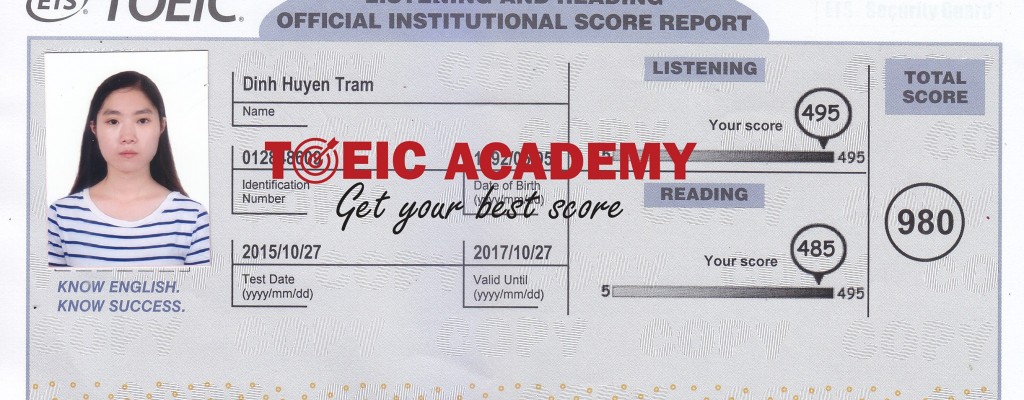
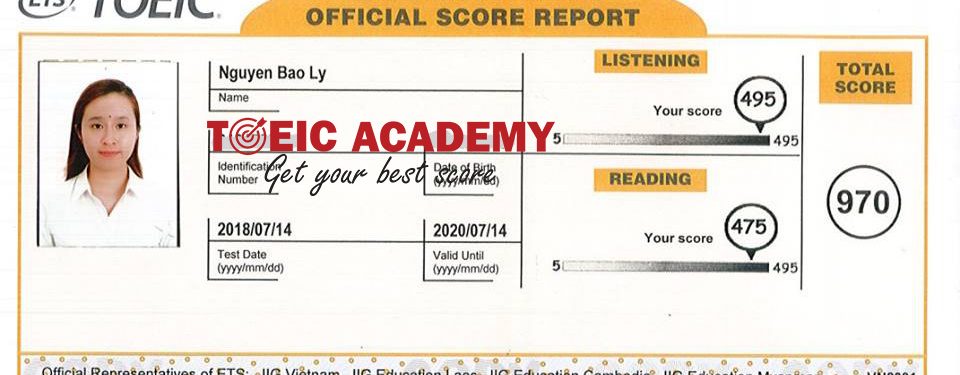
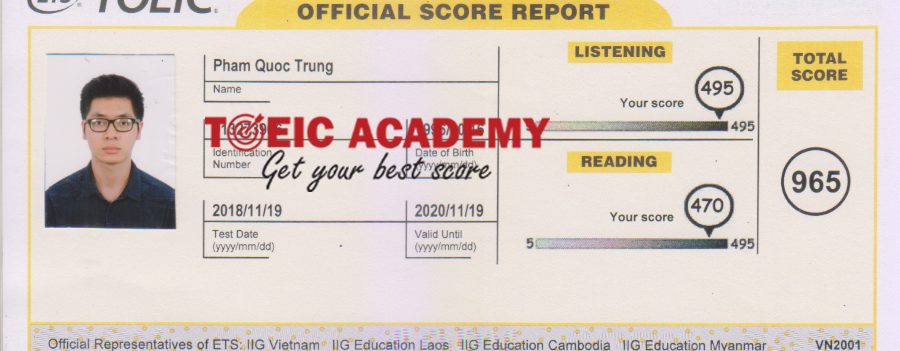
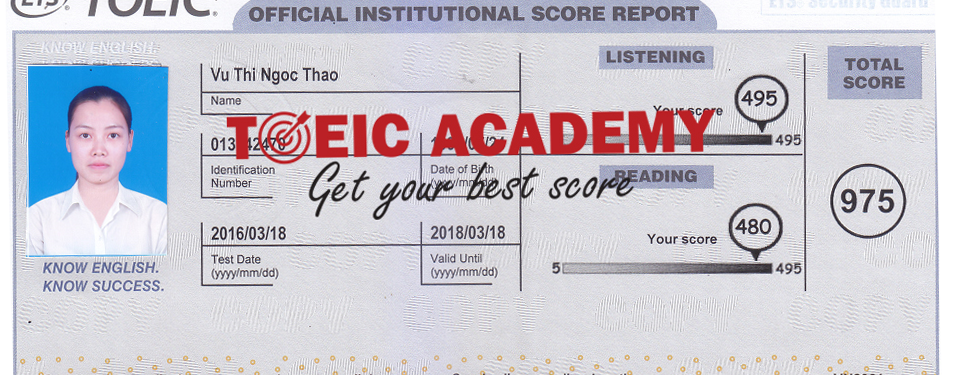
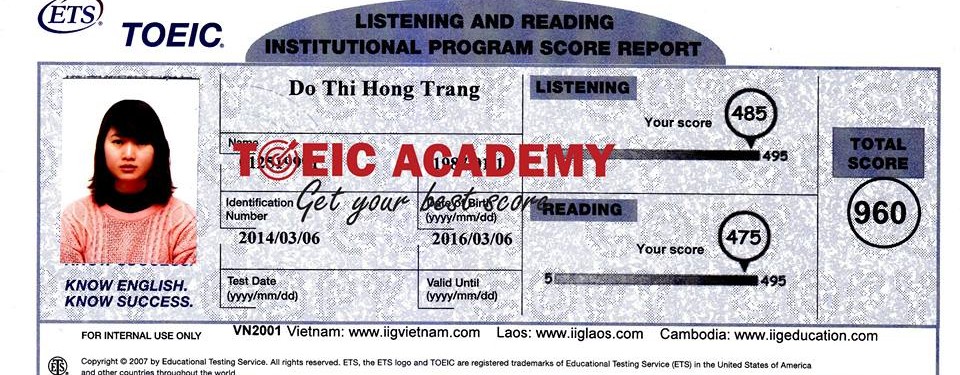
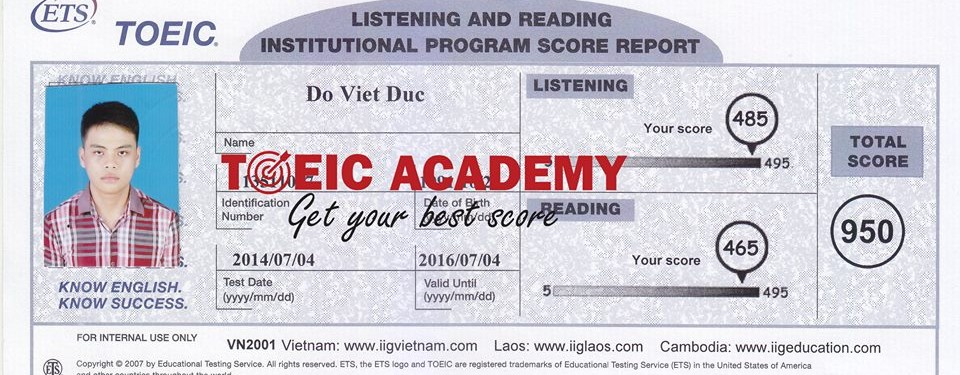
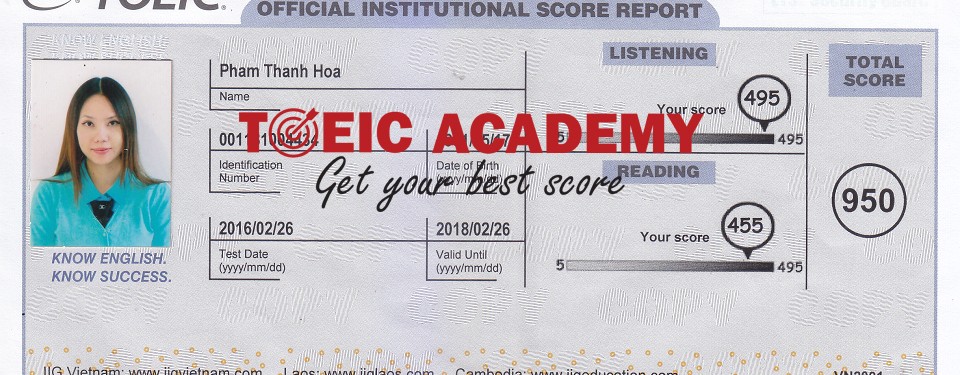
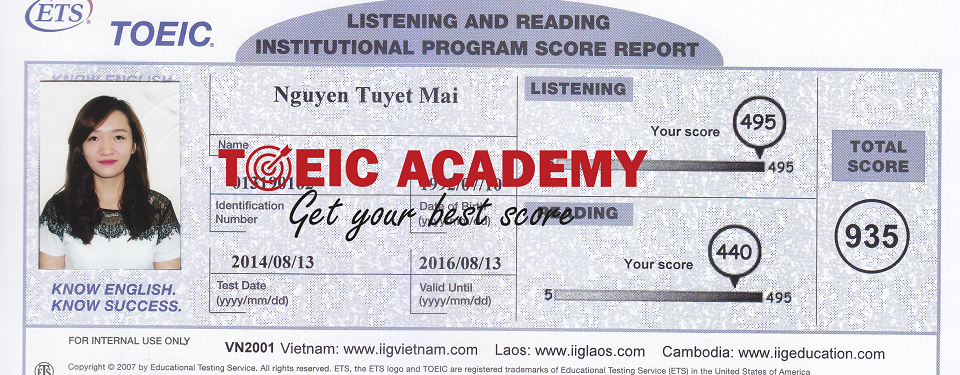
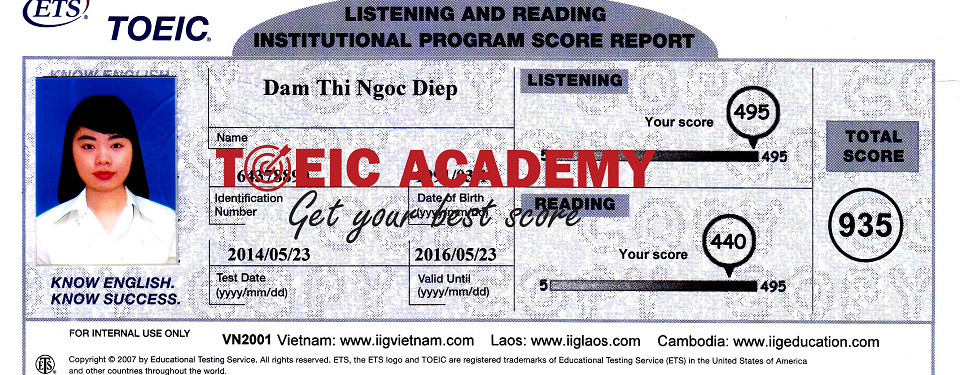
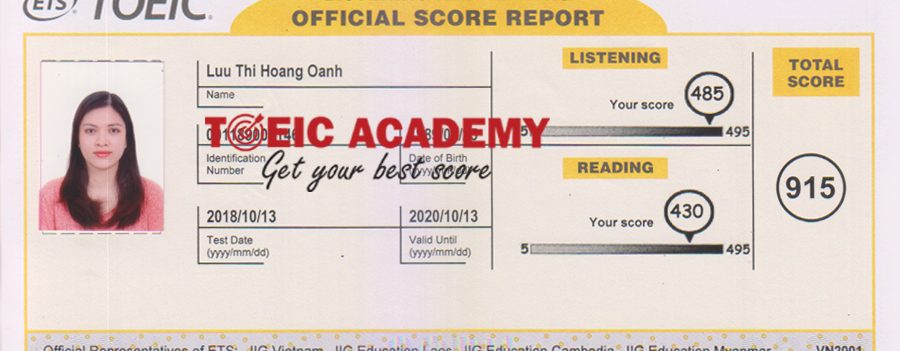























 Tháng Hai 6th, 2021
Tháng Hai 6th, 2021  Vui Nguyễn
Vui Nguyễn 




 Posted in
Posted in 





















Comments